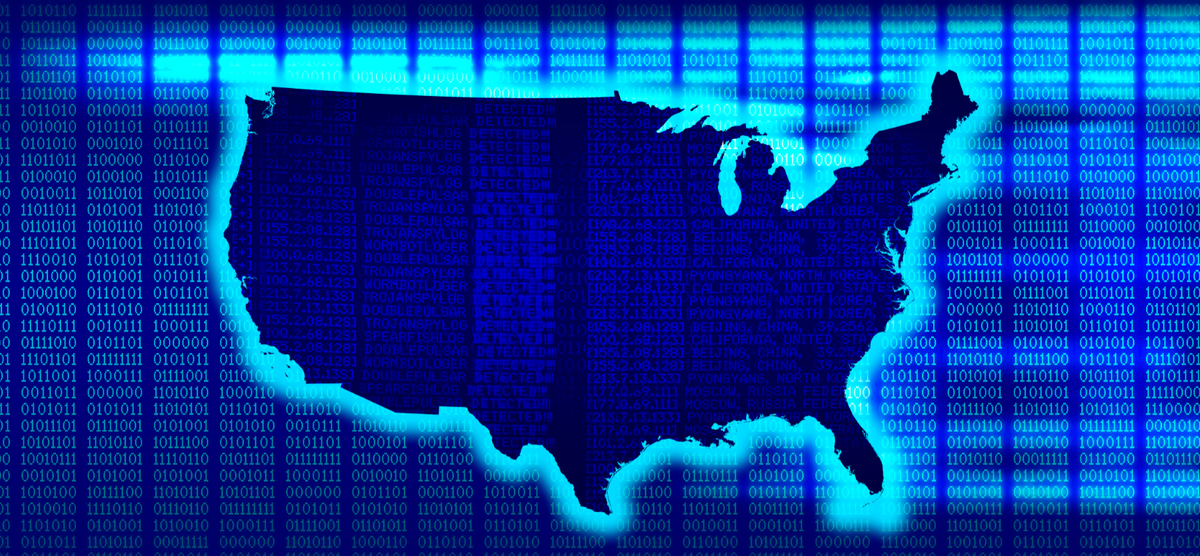Following reports from Microsoft that it had blocked cyberattacks from Russia, China and Iran on the presidential campaigns, the latest Economist/YouGov poll finds that most registered voters think all three countries are trying to influence the election.
Three quarters of registered voters say they believe Russia is trying to manipulate the outcome, as do two-thirds for China (67%), and six in ten for Iran (61%).
Supporters of President Trump are especially likely (75%) to say they believe China is actively trying to influence the election, compared to three in five (62%) Biden supporters.
In contrast, supporters of Democratic nominee Joe Biden are more likely (88%) than those who support Trump (60%) to say Russia is trying to influence next week’s election.
The is no partisan difference when it comes to Iran, with 63% of Biden supporters and 61% of Trump supporters thinking the Middle Eastern nation is trying to affect the result.
Claims have previously been made by some on the Republican side that Ukraine had attempted to influence the 2016 presidential election in favor of Hillary Clinton. Few believed this a year ago (19%) and few believe that the Eastern European country is trying to manipulate the current election either (23%).
Asked who these countries would want to be leading the US, voters think China (51%) and Iran (42%) would favor Joe Biden, while Russia (56%) would prefer Donald Trump. In comparison, voters are split on whether Ukraine would favor Biden (28%) or Trump (25%).
Related: America Speaks: Are they worried about foreign interference in the 2020 US election?
Supporters of Donald Trump and Joe Biden see election interference on the horizon
See the toplines and crosstabs from this week’s Economist/YouGov Poll
Methodology: The Economist survey was conducted by YouGov using a nationally representative sample of 1,500 registered voters interviewed online between October 25 - 27, 2020. This sample was weighted according to gender, age, race, and education based on the American Community Survey, conducted by the US Bureau of the Census, as well as 2016 Presidential vote, registration status, geographic region, and news interest. Respondents were selected from YouGov’s opt-in panel to be representative of all US citizens. The margin of error is approximately 3.1% for the overall sample.
Image: Getty











